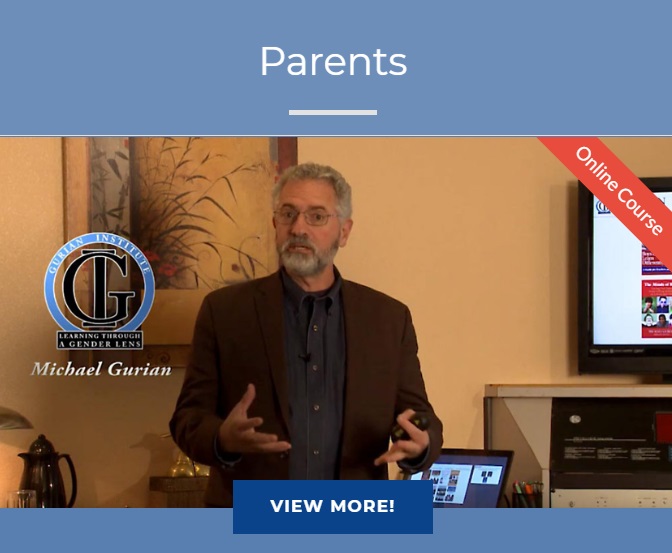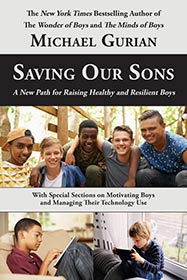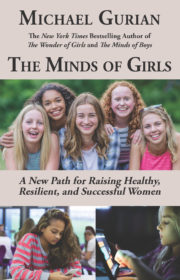Tim Wright, co-host, with Michael Gurian, of the Wonder of Parenting Podcast (www.wonderofparenting.com), is author of the popular Toby Baxter series of young adult novels.
Today’s guest blog post is Part III in his series on “Use Your Words,” a fascinating study of how we use words to convey meanings–and sometimes miss the meanings for stereotypes and confusions, especially as we are educating and raising young people. To read Parts I, II, and IV, please go to the Tim Wright Books Substack. Now here’s Tim’s post.
*******
A pastor and the author of middle school fantasy adventure books (i.e, me, or is it I?) makes a case for swearing?
Read on!
I remember the first time I heard an adult swear. My friend and I were walking along a busy road. He was squirting his squirt gun at passing cars. We were in Jr High at the time. Probably not the wisest thing to do but harmless.
Then an old guy—probably in his mid-to-late 20’s, dressed in a fancy suit, stopped his sports car, jumped out and started ripping off curse words at us because a few drops of water had hit his car.
My initial thought—Wow! Adults swear? Don’t we grow out of that?
Most of you are thinking I grew up in a pretty sheltered home. In some ways I did. I was raised in a home that encouraged us not to swear. Our parents believed that there were better, less harsh, ways to express anger, hurt, disappointment or a host of other cuss-inducing emotions. My uncle, for example, used “socks and underwear” as his go-to cussing expression.
When I was a kid we were playing soccer in our back yard. I missed a goal and, loud enough for the entire neighborhood to hear, I yelled Fudge. Only it didn’t come out as Fudge but as F**k. Everyone in the back yard stopped. Silence fell as we waited for the bolt of lightening. And then we all spent the next 15 minutes laughing. I didn’t even know I knew the word!
At the age of 67, I still carry that “find-alternative-words-for-swearing” value, at least in public. I’m a pastor, so of course I don’t swear. Much. Not sure why, but as I’ve gotten older I’ve found that a few choice cuss words at appropriate moments, in private, seem to quickly disperse the energy from those cuss-inducing moments.
Science seems to back this up.
A quick Google search brought up some of these AI generated insights into swearing:
- Swearing can reduce the perception of pain by 33%
- Swearing works as an emotional relief
- Swearing can give us a sense of power over the situation and boost our self-esteem
- And how’s this for a stunner: Those who swear may have better vocabularies than those who don’t!
- In High School (a Christian High School) my band director was particularly angry at us during a rehearsal. He took a moment to talk about swearing and said that whether we use “dog-gone-it” or “damn-it” the sentiment is the same. And to my surprise he said sometimes a good swear word is appropriate. Again, the science seems to back that up. So does our experience. Letting loose our frustration verbally does help get it out.
So… Why is a pastor writing a piece on swearing, seemingly advocating for it?
Why is the author of a middle-school fantasy adventure series writing about swearing, seemingly positively? (And no, I don’t use swearing in my Toby Baxter books!)
In my last two posts I’ve been focusing on our kids and words. In the last post, in particular, I argued for instilling a vocabulary in our kids that builds them and others up, a vocabulary that expresses gratitude and compassion rather than grievance and anger.
We can make a good case that appropriate swearing can, at times, be healthy for us in the moment.
But I’m wondering if we also need to consider the possibility that we’ve lost the plot when it comes to swearing.
When every other word is F-ing this and F-ing that, when cuss words take up more space in a sentence than other words with no rhyme or reason, perhaps we want to step back a bit and think through the impact of non-stop cussing, especially on our kids.
There are downsides to swearing—especially when cussing moves from occasionally expressing frustration or anger to an every-other-word adjective.
Swearing can amp up the agitation in those around us. Depending on how it’s used, it can demonstrate a lack of control or self-confidence. Too much of it can lead to negative self-talk. And, again, depending on the context, it can be highly offensive to those around us, causing lasting damage.
There is something jarring about swearing. Certainly that has to do in part with our connotations of the words. It also has to do with the energy of the moment and how the words are expressed and where they are aimed. But more often than not, swearing unleashes tension and negative energy.
Perhaps because I was raised to find alternatives to cuss words, I find that when I do swear, it not only disperses the energy of the moment, it also feels like it adds in a new layer of agitation. An ugliness that can make things worse. Words have power, after all.
So maybe, in our highly agitated, grievance-based, angry culture, perhaps a few filters might help us and others bring the temperature down?
Maybe we need to “relearn” to swear so that we do it artfully?
Maybe, rather than swearing every other word, we could insert words that unleash joy?
(Did you see that f-ing sunset? It was f-ing amazing. It f-ing filled the f-ing sky with f-ing colors that I’ve never f-ing seen before, you f-ing understand me? Aren’t there more joy-filled adjectives we can use that inspire our kids with beauty and the positive power of words?)
Or maybe, when we feel the need to unleash an angry stream of swearing at someone, we should take a breath and shut the fudge up?
My point? Not sure. It’s a bit of a rambling post. Maybe it’s a plea on behalf of our kids to use our words proactively to change the current storyline of outrage and anger, often fueled by the overuse of swearing.
Maybe, getting back to instilling a life-building vocabulary in our kids, it’s to invite us to reexamine how our words impact our kids, how their words impact them and others, and how they might navigate our agitated, grievance-based world with language that empowers them with confidence, goodness, and strength, while bringing some joy to an often angry world.
Reprinted from Tim Wright Books Substack
Praise for The Adventures of Toby Baxter—Book 1: The RiverElf, the Giant, and the Closet from The Book Commentary:
“Wright crafts a classic hero’s quest plot, with Toby facing immense dangers and challenges as he navigates the uncharted fantasy world. The narrative is filled with action, humor, and heartfelt moments that will resonate with readers of all ages. Toby’s journey from reluctant hero to selfless leader is captivating and inspiring. The author deftly explores themes of personal development, courage, and determination through the young hero’s journey. The author’s prose is elegant and accessible for the target audience, and he expertly weaves in references to contemporary comic books and fantasy culture, augmenting the enjoyment for readers familiar with these references. Wright’s characters are well-developed and relatable, particularly Toby, whose vulnerability and eventual growth make him a likable protagonist. The Adventures of Toby Baxter is a charming and exciting first entry into a fantasy adventure series that explores growing up and finding one’s place in the world. With its engaging plot, lovable characters, and valuable lessons about courage and friendship, this book will surely captivate readers of all ages.”










